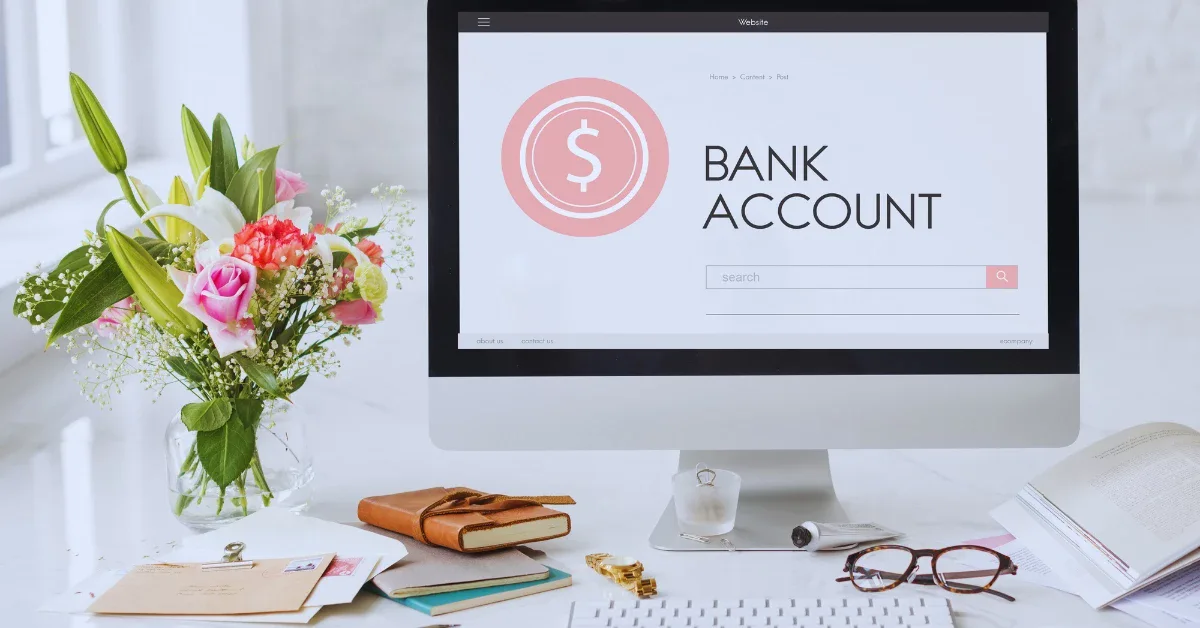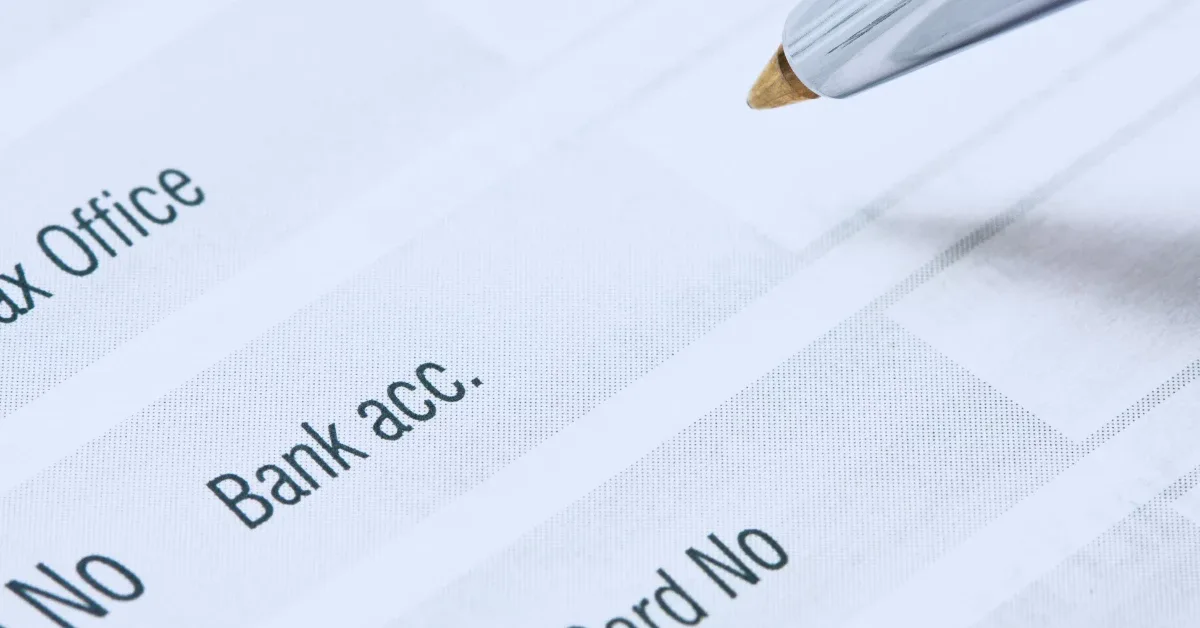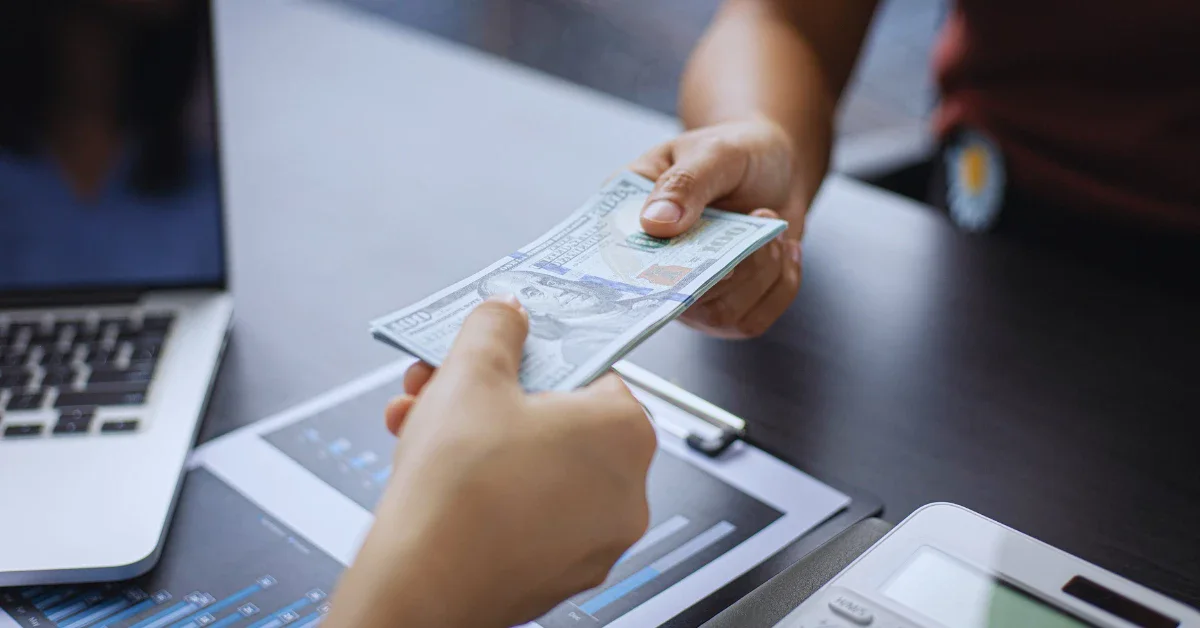Tenant Guide: Why Does Landlord Need Bank Account Number?
A landlord may need a tenant’s bank account number for rent payment and security deposit purposes. Providing your landlord with your bank account number saves you from the hassle of writing and mailing checks for rent and security deposits.
When you give your landlord access to your bank account, you provide them with permission to withdraw funds for rent payments on a specific date each month, which reduces the chances of missed or late payments.
Although landlords may ask for a bank account number, they must also guarantee the confidentiality of their tenant’s financial information.

Why Does A Landlord Require A Tenant’S Bank Account Number?
As a tenant, you may wonder why your landlord needs your bank account information.

Your landlord needs access to your bank account details for several reasons that benefit both parties. Here are some key points to consider:
Making Rent Payment More Accessible And Convenient
Having your bank account number readily available to your landlord ensures that rent payment is more accessible to you as a tenant.
When the due date approaches, your landlord can promptly remind you to pay through electronic funds transfer.
Online Rent Payment
Your landlord needs your bank account number to set up online rent payment, which is more convenient and secure compared to cash or cheque payment.
With online payment, you can quickly pay your rent using your preferred device from anywhere at any time.
Automatic Payment Set Up
By knowing your bank account number, your landlord can also easily set up an automatic payment system.
This keeps you from forgetting to pay rent and saves you from late fees and other penalties.
Lower Risk Of Payment Delays And Late Fees
Your landlord needs access to your bank account information to lower the risk of payment delays and late fees.
With your bank account number, your landlord can deduct rent payments from your account without waiting for a cheque to clear or cash to be deposited.
Helps Assess the Tenant’S Reliability And Creditworthiness
Knowing your bank account information helps your landlord assess your reliability and creditworthiness as a tenant.
By checking your bank account history, your landlord can determine if you have a stable income and a good credit score, making you an ideal tenant.
Overall, it is necessary and beneficial for landlords to obtain their tenants’ bank account information.
With this information, landlords can quickly and conveniently manage rent payments, reduce payment delays and late fees, and assess the reliability and creditworthiness of their tenants.
Tenant’S Ability To Pay Rent

Bank Account Overview
Having a bank account number from tenants allows landlords to facilitate tenancy-related activities, including collecting rent and making security deposit refunds.
Additionally, providing a bank account number is a reasonable request that landlords make from a tenant.
Tenants open bank accounts to keep their finances organized and for convenient access to their funds.
Bank accounts also provide a record of transactions, which can be useful for tenants who want to keep track of money paid and received.
For landlords, having a tenant’s bank account number makes rent collection simple and efficient, particularly if a tenant has authorized automatic withdrawals.
Additionally, if a tenant moves out and there are damages or unpaid rent, having a bank account number may make it easier for landlords to claim their money.
Regular Income Frequency
Collecting rent is one of the primary reasons landlords ask for a tenant’s bank account number.
Ensuring that their tenant has a regular income frequency helps landlords make sure that the rent will be paid on time.
When a tenant provides a bank account number, they demonstrate that they’re financially responsible. The landlord has the assurance that their tenant can pay the rent on time.
Additionally, the landlord may require that the rent be paid through monthly automatic withdrawals from the tenant’s account.
This helps ensure that the rent is paid on time and eliminates the need for the landlord to collect the rent personally.
Having a bank account number can also be useful if a tenant falls behind on rent.
A landlord can work with the tenant to adjust the payment frequency or payment amount to help them catch up.
With the tenant’s bank account number, the landlord can automatically withdraw payments from the tenant’s account until the debt is repaid.
Having a tenant’s bank account number provides numerous benefits for landlords.
It ensures that rent is paid on time and facilitates security deposit refunds and other tenancy-related activities.
For tenants, providing a bank account number helps them keep their finances and transactions organized.
Frequently Asked Questions Of Why Does Landlord Need Bank Account Number
Why Do Landlords Need My Bank Account Number?
In order to process rent payments, landlords need a bank account number to set up automatic transactions. This allows for seamless and efficient rent collection.
Is It Safe To Provide My Bank Account Number To My Landlord?
Yes, it is safe to provide your bank account number to your landlord. Landlords are required to keep this information confidential and secure, and your bank account information is necessary for them to collect rent payments.
What Happens If I Don’t Provide My Bank Account Number To My Landlord?
If you do not provide your bank account number to your landlord, you will need to find an alternative method of paying rent. This may include physical checks or money orders, which can be more time-consuming and less convenient than automatic transactions.
Can My Landlord Use My Bank Account Number For Other Purposes?
No, your landlord cannot use your bank account number for any other purposes aside from collecting rent payments. Any unauthorized use of this information is illegal and can result in penalties and legal action.
Conclusion
Having your landlord’s bank account number empowers you to directly deposit rent, simplifying your transactions and offering assurance that funds reach the right place.
This streamlines rent payments and contributes to a smoother, more trustworthy landlord-tenant relationship.
Remember, your landlord’s banking information must be handled with utmost respect and confidentiality.
Reference
https://www.mass.gov/info-details/learn-about-holding-a-security-deposit